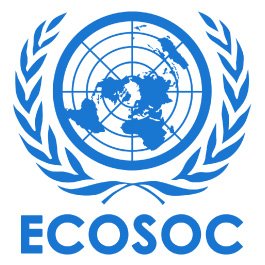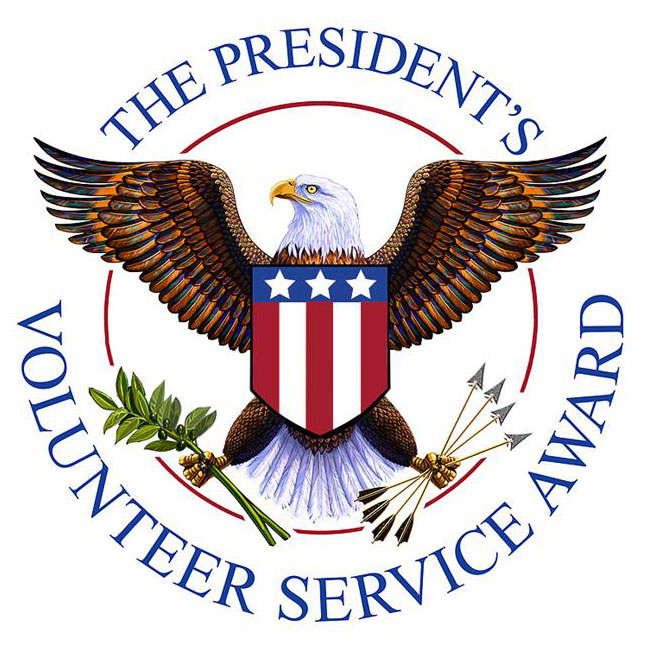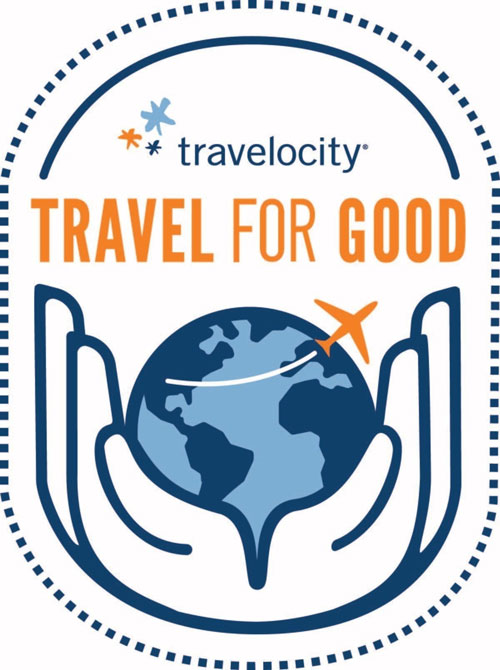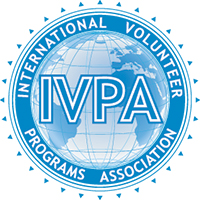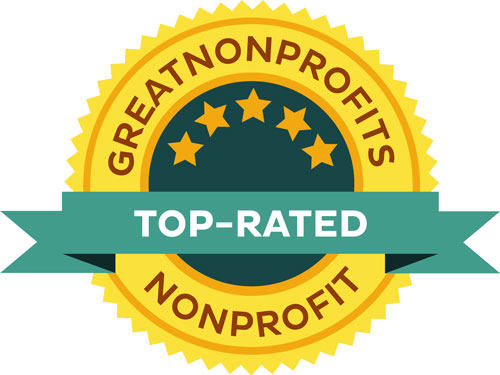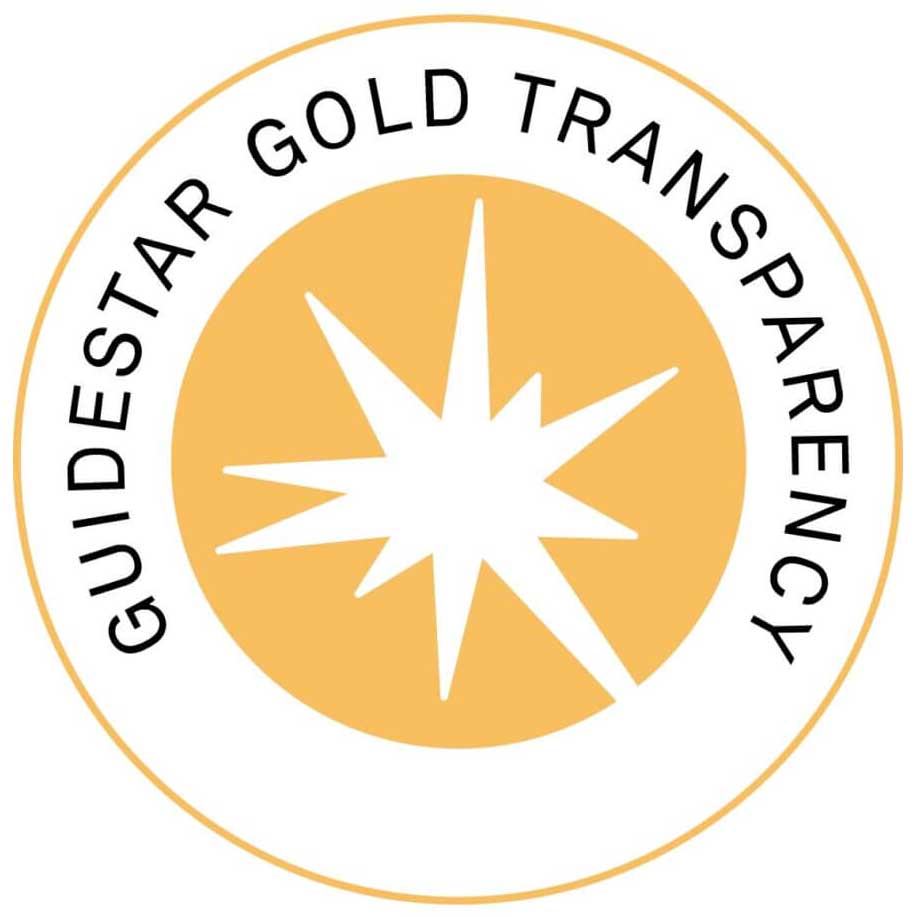Featured Articles Style 2
Featured Articles Style 2
Featured Articles Style 2
Being Aware of Your Globe
- Source: Everyday Ambassador
Globe Aware founder and executive director Kimberly Haley-Coleman wrote an article for Everyday Ambassador's “Wednesday Wisdom”, a weekly series curated by Everyday Ambassador Partnerships Manager Anjana Sreedhar. In her article, Kimberly highlights central values such as empathy and patience, and how they all relate to building a comprehensive cultural understanding about our environment.
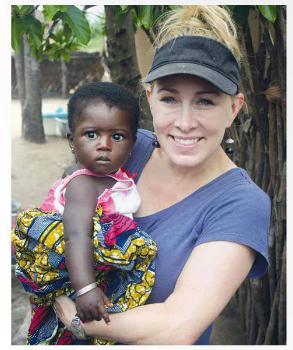 As a high school student in Dallas at Hocakday, I was fortunate to be able to travel internationally and to be involved in many local community service projects from candy striping at hospitals to working in women’s shelters. I was interested in other cultures and languages from a young age, and perhaps most specifically how cultural conditioning dictates such a great amount of our behaviors. It is something we don’t often examine, that our actions are often largely LEARNED. It may be something as simple as how much free time is considered a humane and normal amount to have in one’s life. The answer is hugely divergent even based on the country in which one was born, or the culture to which one is attached. I find this important because it also shows how a person can change their perspective. The kind of message that has the ability to completely change your life – to be happier, healthier and to have a greater impact helping others achieve their goals – which in itself has a coronation to happiness.
As a high school student in Dallas at Hocakday, I was fortunate to be able to travel internationally and to be involved in many local community service projects from candy striping at hospitals to working in women’s shelters. I was interested in other cultures and languages from a young age, and perhaps most specifically how cultural conditioning dictates such a great amount of our behaviors. It is something we don’t often examine, that our actions are often largely LEARNED. It may be something as simple as how much free time is considered a humane and normal amount to have in one’s life. The answer is hugely divergent even based on the country in which one was born, or the culture to which one is attached. I find this important because it also shows how a person can change their perspective. The kind of message that has the ability to completely change your life – to be happier, healthier and to have a greater impact helping others achieve their goals – which in itself has a coronation to happiness.
After high school, I went to Emory University and continued education in international cultures and held many jobs that required multi-cultural skills. I then went onto receive my Masters in French and Art History and my MBA in international business then worked for a variety of corporations. Like many, I saw my pocket book expand, but felt my soul shrinking. I would find myself in a country like Brazil over the weekend on business, and looking to fill free time. Beyond tourist activities, I wanted to connect to the local communities by volunteering. I found that most organizations simply do not want to accept anyone short term, as the amount of time and resources it takes just to organize fro or train someone for a few days is more trouble than its worth. I did understand. But my appetite grew. I called every organization I could and kept coming up against the same response. Eventually I started organizing my own short term programs and found there was a huge response by others to join me. Once I was able to live on the income from my spouse, I left prior work and set about creating these experiences full time.
Globe Aware’s objectives are two-fold. One is to promote cultural awareness; essentially to allow the participant to get a more complete understanding of the real beauties and challenges faced in a different culture, rather than just a tourist, post-card view. The other goal is to promote sustainability, which is to say to help people stand on their own two feet. To that end, we work side-by-side with locals, as equals, working on projects that are important to them. They choose the projects, the materials, and how we go about doing it. The experiences are all one week. not because that is the ideal amount of time to spend to get to know a culture, but because it is what is feasible for most North Americans. I am frequently asked if working with the Peace Corps for 2 and a half years might not be a better experience. Of course that length of time will give you a much deeper comprehension and allow significantly more time to make a meaningful contribution.
My hope is that our one week experiences light the lamp of inspiration for participants to want to come back and discover and give back to more and more cultures. We have programs in 17 countries around the world and are always expanding. In Cambodia we assemble and distribute wheelchairs for landmine victims, in Peru we build adobe lorena stoves that greatly reduce deforestation and decrease smoke inhalation inside the home, in Guatemala we install concrete floors in the homes of single mothers, we have built schools, homes, hygiene stations, the spectrum is large and each program is very different. We spend about 40 hours a week working, and still have 3 to 5 planned but optional cultural excursions. We purposefully do not work in orphanages. A quick google about “orphanage tourism” will explain why. We do, however, work with and for needy children in many of our programs. It’s a wonderful, organic learning process.
Occasionally people will ask if it’s really a good thing when volunteering abroad benefits the volunteer. Our feeling is that is a full 50% of why we exist – YES! To expand the minds of the volunteer so that they understand the real challenges of the world and return home reinvigorated to make a difference and continue giving back. While we definitely want to provide for those in need, we are not heroes. We are not coming in to save the world. Usually the locals are faster and better at every activity we take on, which in itself provides a wonderful learning experience. The goal is that our work benefits the community where we are working and the volunteer doing the work. I think it’s critical that in order to be a really involved, successful person, one should also be a globally aware. citizen. We want more people who are able to care about the globe, who are trying to help find resolutions, on a global scale, to conflicts that are important, whether it’s political peace or bringing groups and different nationalities together to find a solution to problems that we all face.
Last but not least, participating in a travel abroad program can be a huge source of joy for someone for their whole life, to have those wonderful moments of cultural understanding.
Globe Aware partners with EA
- Source: Everyday Ambassador
Globe Aware is pleased to announce a partnership with Everyday Ambassador, a best-practice network of global citizens and organizations that believe that human connection, even in an increasingly digital world, is the key to lasting, positive social change.
April Wrap-Up: Updates from Our Partners
 Today’s post marks the third post of a new initiative: the last Wednesday Wisdom post of every month will be dedicated to announcing updates from our experiential partner organizations. Due to technical errors this post is being featured today. See what each organization is up to, whether it be a new initiative, a star volunteer, or an exciting new program, below.
Today’s post marks the third post of a new initiative: the last Wednesday Wisdom post of every month will be dedicated to announcing updates from our experiential partner organizations. Due to technical errors this post is being featured today. See what each organization is up to, whether it be a new initiative, a star volunteer, or an exciting new program, below.
Also a special shout-out to organizations who are working with their partners on the ground in Nepal to rescue and rehabilitate those who have been affected by last week’s tragic earthquake.
New Partners:
We are proud to announce two of our newest experiential partners, Globe Aware and Global Citizens Network! Both are committed to promoting culturally responsible leadership for participants who are interested in giving back in a responsible way. Read a little bit about both of them below!
Globe Aware
Globe Aware is a nonprofit that develops short-term volunteer programs in international environments that encourage people to immerse themselves in a unique way of giving back. The mission of Globe Aware’s volunteer trips is to promote cultural awareness and create sustainability. For GlobeAware the concept of cultural awareness means to recognize and appreciate the real beauties and real challenges of a culture, but not to change it. The concept of sustainability is to help others stand on their own two feet and to teach skills rather than reliance.
 Globe Aware recently launched their newest program to South Africa, in which volunteers will help to improve and maintain local homes and schools throughout the community. Projects include replacing roofing, home waterproofing, and installing concrete floors. Volunteers will also have the opportunity to participate in community and school activities such as soccer, volleyball, and Physical Education classes. GlobeAware is very excited about the South Africa program and looks forward to watching the community thrive. Globe Aware is also excited about announcing the launch of its Cuba Program for this summer as well!
Globe Aware recently launched their newest program to South Africa, in which volunteers will help to improve and maintain local homes and schools throughout the community. Projects include replacing roofing, home waterproofing, and installing concrete floors. Volunteers will also have the opportunity to participate in community and school activities such as soccer, volleyball, and Physical Education classes. GlobeAware is very excited about the South Africa program and looks forward to watching the community thrive. Globe Aware is also excited about announcing the launch of its Cuba Program for this summer as well!
Globe Aware has also been participating in an amazing social media campaign through FLOAT (For The Love of All Things), through which they are selling designed limited-edition shirts. For each t-shirt sold to Globe Aware, FLOAT will donate $8 for every shirt to promote sustainability in communities Globe Aware serves abroad.
Kimberly Haley-Coleman, Globe Aware’s founder, had this to say:
“South Africa took the proud step to end apartheid more than two decades ago; we are delighted to see volunteers working in partnership with locals to help bring the vision of a better future to all South Africans. We welcome you to come and be a part of it.”

Be Part of the Solution
- Source: Perrault magazine
 Globe Aware founder Kimberly Haley-Coleman was offered the opportunity to explain the attraction of volunteer vacations with Globe Aware to Perrault magazine readers. Kimberly uses her not-for-profit company's Thailand destination to illustrate her points.
Globe Aware founder Kimberly Haley-Coleman was offered the opportunity to explain the attraction of volunteer vacations with Globe Aware to Perrault magazine readers. Kimberly uses her not-for-profit company's Thailand destination to illustrate her points.
READ THE ARTICLE - CLICK HERE
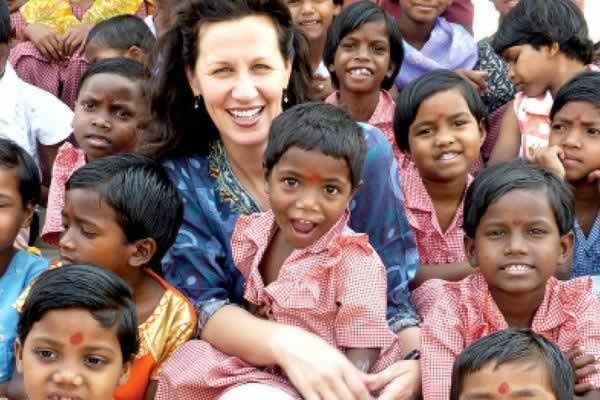
Making a Difference
- Source: Christian Science Monitor
David Conrads, correspondent for The Christian Science Monitor, recently wrote an inspiring profile on Caroline Boudreaux who works with India's orphans and started The Miracle Foundation.
Caroline Boudreaux is a passionate, effective advocate for India's orphans
The Miracle Foundation dramatically improves standards in a growing network of orphanages.
By David Conrads, Correspondent
Austin, Texas — Caroline Boudreaux was not looking for her life’s work back in 1999 when she set out with a friend on a yearlong trip around the world. But she found it in a remote village of thatch-roofed mud huts in the Indian state of Odisha.
Invited to dine at the home of a local family, Ms. Boudreaux was completely unprepared for what she encountered: more than 100 filthy, emaciated orphans, wide-eyed with longing, and so starved for affection that they clamored simply to touch the two American visitors. While the adults ate chicken, the children were given rice and sugar.
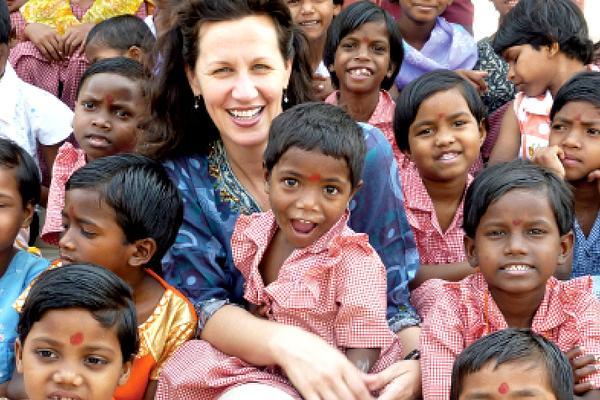 The children slept in crowded dormitories on beds made of wooden planks – no mattresses, pillows, or blankets. When Boudreaux put one little girl to bed, who had fallen asleep in her lap, she could hear the child’s bones hit the boards.
The children slept in crowded dormitories on beds made of wooden planks – no mattresses, pillows, or blankets. When Boudreaux put one little girl to bed, who had fallen asleep in her lap, she could hear the child’s bones hit the boards.
“It was like putting her down on a picnic table,” she says. “The whole experience was overwhelming. They were the sweetest, saddest children I had ever seen in my life. I knew I had to do something.”
For several years prior, Boudreaux had been actively seeking a new direction in her life. Though not yet 30 years old, she seemed to have it all. The sixth of seven children from a middle-class family in Lake Charles, La., she was selling advertising for a network television station in Austin, Texas, and making more money than she ever imagined possible.
She drove a nice car, lived in a beautiful condominium in one of the city’s best neighborhoods, and led an active social life. By any measure of material success, Boudreaux had made it.
Except for one nagging problem: She found her job unfulfilling and its material benefits less and less satisfying.
“I felt empty inside,” she recalls. “I felt like I was being wasted. I knew in my heart that I had a higher purpose that I wasn’t fulfilling.”
Her yearlong sabbatical was not intended as a way to find that higher purpose, but find it she did. She knew when she returned to Austin in the fall of 2000 that she would devote her time and energy to relieving the plight of orphans.
Boudreaux started The Miracle Foundation that year as a typical international adoption agency, matching available children in India with Americans desiring to adopt. She changed her approach when she discovered that the process of international adoptions in India can be highly corrupt, involving a never-ending string of fees and bribes. She also realized that she could only facilitate about 20 adoptions a year. At that time, there were some 25 million orphans in India, with about 1 million new ones being added each year.
She also realized that it was the orphans who were not being offered for international adoption, who had no realistic alternative to growing up in an orphanage, who needed help the most.
Boudreaux entered into a partnership with an organization in India and began building orphanages from the ground up, training house mothers and setting high standards for nutrition, hygiene, emotional and physical care, and education.
The Miracle Foundation was very successful at building high-quality orphanages. Boudreaux knew she was onto something good, but didn’t know how to make it grow.
In 2009 she hired Elizabeth Davis, a veteran entrepreneur in Austin’s bustling high-tech world, to be the organization’s chief operating officer. In bringing her business savvy to bear on The Miracle Foundation, Ms. Davis immediately questioned why it was building new orphanages when there were already thousands operating in India.
So Boudreaux changed her approach again. She and Davis built a system for finding existing orphanages that were willing to partner with The Miracle Foundation.
Inspired by the 1989 United Nations Convention on the Rights of the Child, they created the Miracle Foundation’s Rights of the Child, which includes the right to basics such as health care, nutrition, clean water, a stable environment, and a good education.
With these codified rights as benchmarks, they set up measurable standards and assessment tools, both to gauge an orphanage’s progress and to demonstrate the success of the foundation to prospective donors.
Orphanages that partner with The Miracle Foundation are provided with various kinds of assistance to help them bring their operations up to a high standard – from trained house mothers to a computer loaded with accounting software. While the foundation supplies support, employees of the orphanages are all Indian, as are the social workers who make periodic checks, and the country head, who oversees the operation.
Most important, during the first phase of partnership, the orphanage is given the resources to bring the ratio of children to house mothers to 20:1. (The norm in Indian orphanages is about 80:1.) When the orphanage becomes a full partner with The Miracle Foundation, the ratio is reduced even further, to 10 children for every house mother.
The homes also group both boys and girls of different ages together with one house mother, like a family, rather than grouping children of the same age together, like a school.
Several of the orphanages have shown dramatic improvement, scoring just 30 percent in their first assessment of meeting the standards, to scoring in the high 90s on the same assessment 15 months later.
“It’s remarkable,” Boudreaux says. “The directors and the house mothers are doing the work. The heavy lifting is on them.”
The Miracle Foundation now works with 11 orphanages, home to more than 800 children. Thanks to Boudreaux’s efforts, these children grow up in a happy, healthy, loving environment and can look forward to a future that includes vocational training or even a college education.
“The results of all her work are really apparent, the way the orphanages have turned into homes,” says Nivedita DasGupta, the Miracle Foundation’s India country head, in an interview via Skype from her office in New Delhi. “The children now have loving mothers to take care of them, which they did not have before. They thrive with proper meals, education, and depth of care.”
Before joining The Miracle Foundation in 2011, Ms. DasGupta worked for several nonprofit organizations in India, primarily with children. She has nothing but praise for Boudreaux. “I have never come across anybody as passionate and as competent as she is,” DasGupta says.
“Caroline is one of the smartest nonprofit leaders in the US today,” says Alan Graham, founder and president of Mobile Loaves & Fishes, an Austin-based organization that delivers meals to the homeless in several cities. Boudreaux once served as a volunteer for Mr. Graham and considers him a mentor. He advised her when she badly needed encouragement and direction.
“She’s got everything going for her. She’s got great communication skills. The work she does is compelling and meaningful,” he says.
Chief operating officer Davis concurs. She particularly praises Boudreaux’s ability to adapt and grow as her vision for The Miracle Foundation broadens. Davis also notes Boudreaux’s ability to attract people to her cause, both in the United States and India, as employees, board members, and donors. “She does what she does for all the right reasons, and that’s what resonates,” Davis says. “She has a magnetic quality about her.”
Boudreaux’s immediate goal is to partner with more orphanages and serve more children. She is also hoping to expand beyond India. Her larger goal is to bring the plight of orphans to the world’s attention.
To that end, she is hoping to have the care of orphans included in the UN’s next set of sustainable development goals. Thus far, the plight of the world’s 153 million orphans is not on the UN goals list – or much on the radar of global concern, she says.
“These are the world’s children, and they belong to nobody,” Boudreaux says. “What if they belonged to everybody? How cool would that be?”
• For more information, visit www.miraclefoundation.org.
How to take action
Universal Giving helps people give to and volunteer for top-performing charitable organizations around the world. All the projects are vetted by Universal Giving; 100 percent of each donation goes directly to the listed cause. Below are links to three organizations helping children in India:
-
- Greenheart Travel is a nonprofit international exchange organization that provides cultural immersion programs to change lives, advance careers, and create leaders. Take action: Volunteer to teach children in India.
- Embrace advances maternal and child health by delivering innovative solutions to the world’s most vulnerable populations. Take action: Provide infant warmers for newborn babies in India.
- Globe Aware promotes cultural awareness and sustainability. Take action: Volunteer to fight poverty in India by working with children in slums.

Q & A: The Festive Traveller
- Source: Verge Magazine
Kimberly Haley-Coleman, founder and Executive Director of Globe Aware, recently sat down with Jessica Wynne Lockhart, contributing editor at Travel with Purpose's Verge Magazine to discuss how to make the most of a volunteer vacation. The Q & A is below.
How to be an effective global citizen during the holiday season.
 As the holidays approach and the fiscal year draws to an end, it’s a natural time to think about how we can support our global community. But with thousands of charities to choose from, how do you select a reputable organization to donate your time or money to?
As the holidays approach and the fiscal year draws to an end, it’s a natural time to think about how we can support our global community. But with thousands of charities to choose from, how do you select a reputable organization to donate your time or money to?
It’s not an easy question, which is why we called in the experts: Nick Beardsley is the Project Advisor for Gapforce, a provider of structured gap years and summer abroad programs; Justine Abigail Yu is the Communications and Marketing Director for Operation Groundswell, a non-profit that facilitates service-learning experiences; and Kimberly Haley-Coleman is Founder and Executive Director of Globe Aware, a charitable organization that mobilizes small groups of volunteers to promote cultural awareness around the world.
Nick, Justine and Kimberly shared with us how they believe we can be effective global citizens this holiday season:
Why do think it’s important to reflect on global citizenship during the holiday season?
Nick Beardsley, Project Advisor for Gapforce: It should be important at all times to both pursue and reflect on global citizenship in one way or another. What the holiday season does is offer us the opportunity to think about others at a time that is infamous for being selfless. It is a time to remember those less fortunate than ourselves. It is the perfect time to transcend geographic, political, and cultural boundaries and recognize oneself as a citizen of the global community.
Each year, the popularity of “charitable giving” instead of “gift giving” increases. What are your recommendations for choosing a charitable organization to support?
Nick: You should choose an organization that means something to you. It may be that you have a personal connection to the cause or it may be that the organization has simply touched you in some way. Choose with your heart.
Kimberly Haley-Coleman, Founder and Executive Director of Globe Aware: Start with what you know. If you belong to a trusted community centre, school, animal shelter or faith-based organization, this is a wonderful place to start.
If you are just now setting out to find an organization, know that this takes time. Ask friends and family whom they support and why. Make a list of what world issues most concern you and which entities seem to do a good job of addressing those issues. Look at the publically listed financials to get a better understanding of how the organizations spend their revenues. Don’t hesitate to call the organizations to find out more about them. If you aren’t ready to make a financial contribution, see if you can volunteer with the organization to get a better feel for how they operate.
Justine Abigail Yu, Communications and Marketing Director for Operation Groundswell: Really do your research here and look at the actual impacts of the organization. First of all, does this organization’s values align with your own? Are they addressing the problem they set out to solve? Do they show evidence that demonstrates that their approach is effective? How do they measure their progress? Does the charity receive feedback from the people it intends to serve and are they using that feedback to improve their programs?
I know that it’s fashionable to assess an organization by looking at how much of donors’ dollars are being put towards overhead as an indicator of efficiency and legitimacy. The thinking here is that the lower the percentage that’s going to things like administrative costs, the more effective an organization is. But that’s not necessarily the case. I would challenge people to look deeper than that and ask harder questions. Although keeping a low overhead may be important, the bottom line is that we all want to support organizations are actually solving the social problems that will change our world.
For those who are going away for the holidays, how can they turn their vacation into travel "with purpose"?
Nick: My suggestion is to learn about local traditions and join in. It could become a new tradition that you practice even when you return home.
Kimberly: Picking an eco-conscious hotel, bringing needed donations to a community that has requested them, steering clear of handing out candy and money (which only builds dependency), reaching out to connect with locals in a non-consumer fashion (attend a local faith service or eat a meal with a family) and, of course, volunteering.
Justine: Wherever you’re going this holiday season, take the time to find opportunities that get you off the beaten path to really connect with the local culture and people. Try local delicacies that you’ve never heard of and learn the local language—that genuine attempt at connection builds cultural competency and empathy. And if you want to get your hands a little dirtier, look for opportunities that combine responsible volunteering with cross-cultural dialogue and critical learning.
What are your favourite gift ideas for travellers and global citizens?
Kimberly: Take the time to experience a new culture with a friend or family member while volunteering abroad—this is a bucket list item I hope everyone gets the chance to experience in his or her lifetime. Or, for an easy and incredibly practical gift, I love the luggage scales you can get for less than $10. Highly compressible extra bags, gift cards for phone apps (with suggested list of latest travel apps), and travel guidebooks are awfully nice too.
Justine: Find something handmade and artisanal from a place that means something special to you or to the person you’re giving the gift to. There are a lot of really great cooperatives and organizations that sell their goods through direct trade and this is a really great way to support the local economy of another country.
For example, we all love coffee here at Operation Groundswell. One of our partners, De la Gente, is this awesome agricultural cooperative in Guatemala that creates direct connections with buyers and consumers to improve the livelihoods of the small-holder coffee farmers they work with. All profits generated from the sales of coffee go directly to these farmers. It takes a little bit more research and thought to find these gifts, but it’s so worth it.
Why You Should Travel with Your Kids
- Source: Perrault magazine
Travel abroad with young children? Are you NUTS? All the crying, nagging, and the money!! They won’t even remember it.
Why on EARTH would I do that to myself? What will they eat over there? Fried monkey eyeballs? No thanks! I get these responses all the time. I have been traveling with my children since they were infants all over the world. -- all over Southeast Asia, Latin America, Europe, Russia, China, Africa.
Here are my two cents. First: young children are often more portable than older children. They still think you know something and they actually want to be with you. Second, until age 2, they can ride in your lap for usually 10% of the cost of a normal ticket. Third: with all the ipads/iphones electronic gadgets, keeping them happy with videos, games and more is much easier today on a plane than it was even 10 years ago. Fourth: You're right, they may not remember all of it, but YOU will. Are •your* memories worth anything? Life is short, you never know what could happen. Take the chance while you can. Additionally you'd be surprised what they *do* absorb. Young globetrotters don't take for granted what Perreault Magazine - 80 - language, music, dress or food is the norm.
 They pick up on languages much faster than you do. Their palate is developing: at this stage and their capacity for learning, of course, is fertile.
They pick up on languages much faster than you do. Their palate is developing: at this stage and their capacity for learning, of course, is fertile.
Fifth: Interestingly they have fresh fruit, veggies, rice, and chicken, freshly prepared and usually not processed all over the world. Sixth: Traveling with a child is the greatest ice breaker there ever was. With the exception of a few Western Countries, most countries view children as a loveable, non-political human with whom to interact rather than as an irritant. Many more people will stop to talk with you simply because you have a child with you. Not too different in some ways than walking a puppy in the park.
Safety: I know some are worried that to travel with a young human is to dangle bait in front of human traffickers. But it’s all about common sense and where you go.
This topic deserves a whole chapter, but the sum of it is, staying safe abroad is usually not much more complicated than staying at home, it just takes knowing the danger zones. Seventh: because you will love it. Seeing your kids react to roaring lions on safari, or learning the joys of giving while building an adobe stove in Peru, or seeing food delivered by mini trains at Japanese restaurants in Tokyo is quadruple the fun. Bon Voyage! JOURNEYS 4 GOOD: CAMBODIA Journeys for Good is an original television series about transformative travel which inspires and uplifts. Each episode profiles a group of voluntourists, who travel the world to make a difference and reach across cultures to connect in a meaningful way. They go far beyond the tourist track to experience the heart and soul of a place, as was the case in 2012 when Journeys for Good traveled to Cambodia.
Voluntourism combines the adventure of travel with the purity of true charitable work.
Emmy award winning husband and wife production team Joanie and Steve Wynn have traveled the world together, producing stories that touch the heart.
Their mission is simple- they believe that engaging in a service project working alongside locals creates a unique opportunity for understanding and exchange, that volunteer traveler helps young people develop self-confidence, empathy and leadership skills, and that by sharing in sweat equity a deeper connection is forged between the volunteers and the communities visited.
Inspired by an earlier visit to Tanzania, the Wynn’s decided to develop Journeys for Good as a vehicle to spread the message of the importance of volunteer travel and to focus awareness on important underlying humanitarian issues and challenges facing communities globally.
In 2012, the Wynns embarked on another volunteer trip with their son Ryan. This Journey took them to Cambodia with the non-profit volunteer operator Globe Aware (www.globeaware.org). On this journey, the Wynns and a group of dedicated volunteers built wheelchairs for landmine victims, taught English to local school kids and worked on several short-term construction projects.
The result "Journeys for Good: "CAMBODIA" is the pilot for a series that the Wynns are currently developing for public television. After its original airing in 2013, the film garnered two regional Emmy awards, including best cultural/ historical program. Journeys for Good celebrates the everyday heroes who connect to the world in a meaningful way through voluntourism.
View half hour program on Vimeo HERE
Page 7 of 25
